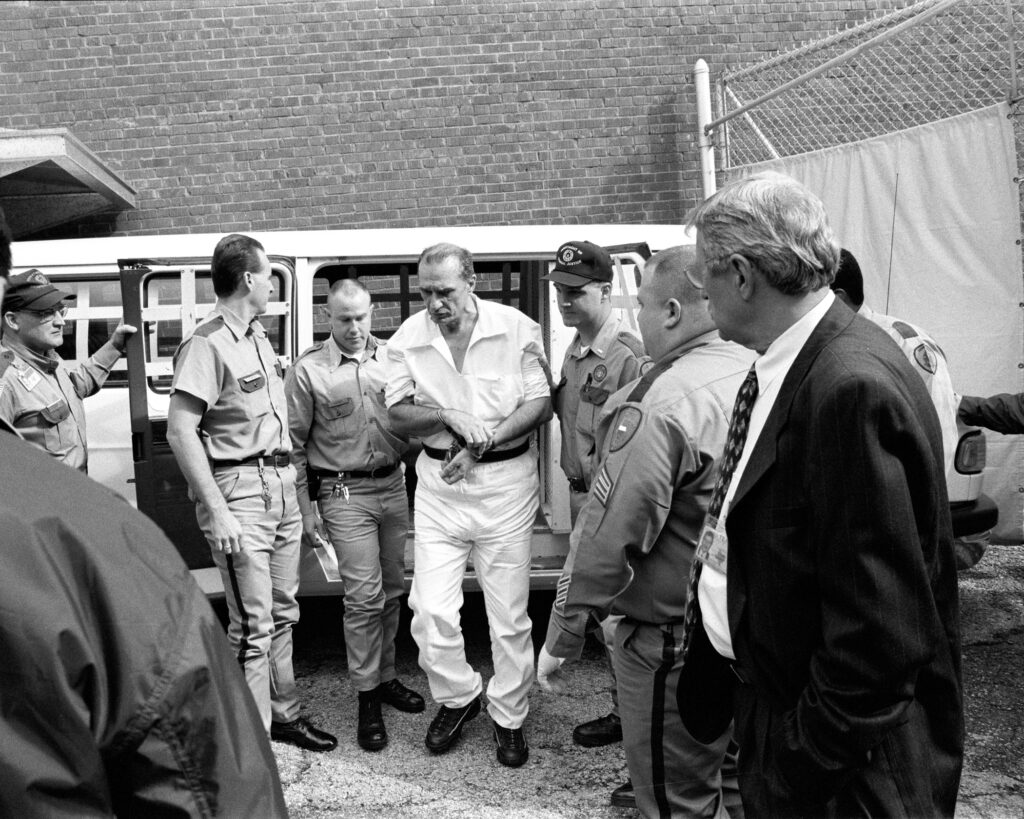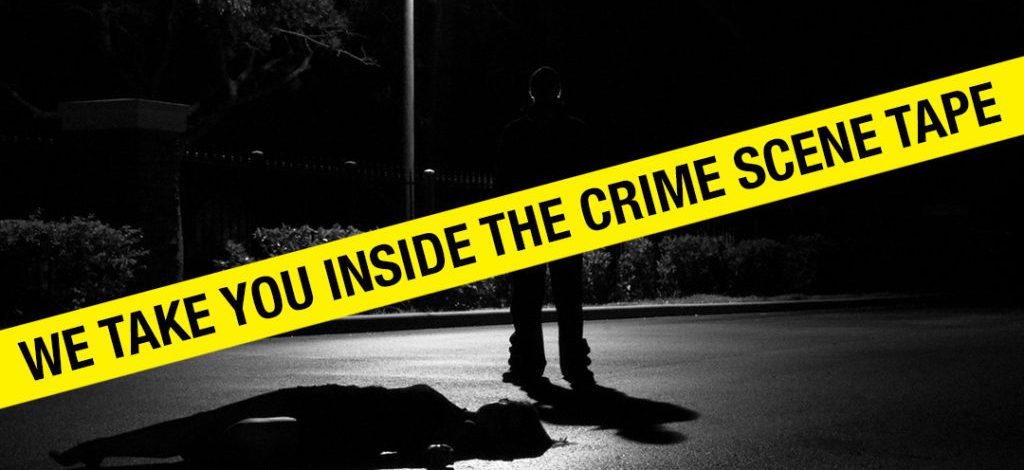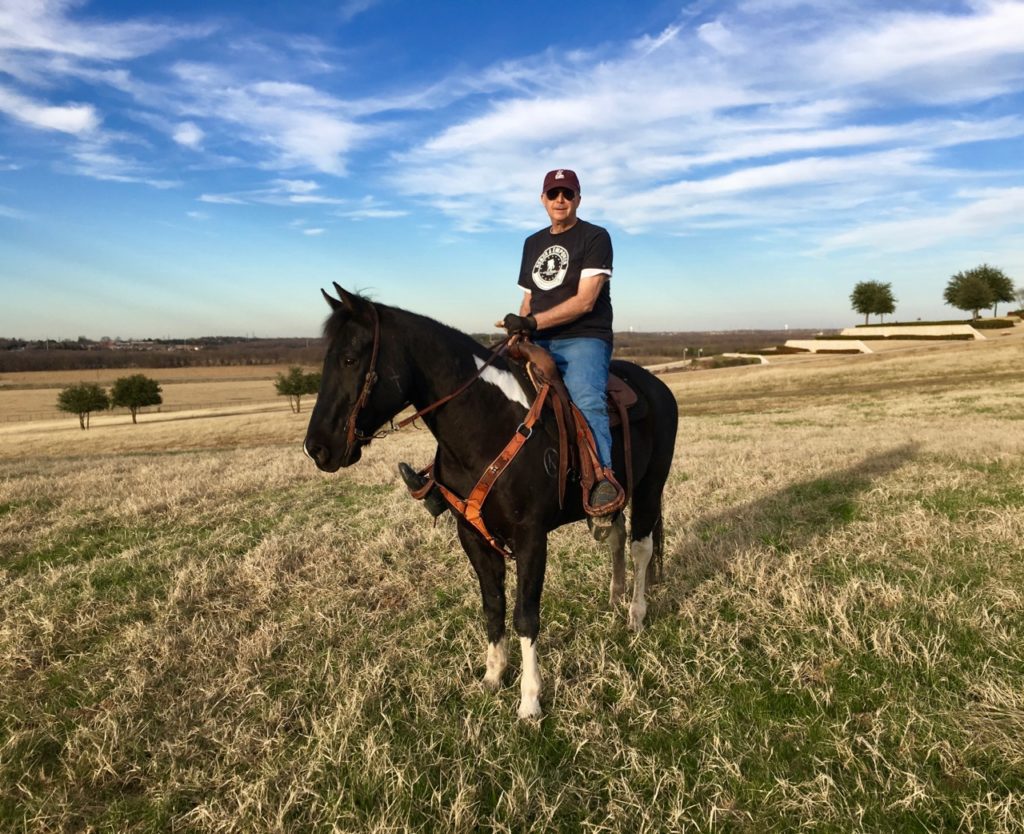Podcast – TV Documentaries – Audiobooks – Live Events
My deep dive into reporting real-life criminal cases began in 1991 with an investigation into corruption within the Texas Parole Board. This started a ten-year journey that took me into the darkest corners of the prison system, from maximum security units to Texas death row and the Texas Death Chamber.
I sat across the table from some of the most violent and reprehensible criminals in Texas history to expose widespread corruption in the state’s criminal justice system.
Throughout these inquiries, I built a reputation for uncovering wrongdoing, regardless of where it led. I developed a vast network of trusted sources, including law enforcement officers, prosecutors, criminal justice experts, crime victims, and convicted criminals.
In my podcast and audiobooks, you’ll hear exclusive interviews in police procedurals as I unravel the complexity and gravity of each case. I am deeply fascinated not just by the ‘what’ and the ‘who’ but by the often elusive ‘why’ behind criminal acts. This fascination drives me to dig deeper into each case. Additionally, I feature interviews with true crime authors and reporters about their books and stories.
I draw from my extensive archive of reporters’ notebooks to tell true crime stories that might seem familiar at first glance but reveal unexpected and often overlooked aspects of these stories. I take great pleasure in bringing these historical stories back to life, adding a new dimension to the understanding of these cases.
As the creator of the True Crime Reporter® podcast, Texas Crime Stories Audiobooks, and the Freed To Kill Television documentary series, I employ an immersive, investigative, and deeply human storytelling style.
Here are the key elements of his approach:
Immersive Reporting – I take my audience inside the crime scene tape, providing a vivid, first-hand investigation experience. My storytelling is detailed and descriptive, allowing listeners and viewers to feel as if they are part of the unfolding story.
Investigative Depth—Drawing on my extensive background as an investigative reporter, I delve deeply into each case. I meticulously uncover details, often exposing corruption, procedural failures, or overlooked evidence. My thorough research ensures that the stories are comprehensive and well-supported by facts.
Human Focus—I emphasize the human element in my stories. I explore the lives of victims, their families, law enforcement officers, and even the criminals themselves. This approach adds emotional depth and relatability, helping my audience connect with the people behind the headlines.
Police Procedurals – Many of my stories follow the format of police procedurals, detailing the step-by-step process of how investigators solve cases. I provide insights into the methods and technologies used by law enforcement, offering an educational aspect to my storytelling.
Psychological Exploration – I am fascinated by what drives serial killers and criminal psychopaths. I delve into the “why” behind the crimes, exploring the psychological and sociological factors contributing to criminal behavior.
Exclusive Interviews – My access to key figures, including law enforcement officers, prosecutors, crime victims, and even convicted criminals, allows me to provide authenticity and depth, enriching the narrative with diverse perspectives.
Historical Context – I often bring historical stories back to life, providing context and background that enhance the understanding of contemporary cases. My storytelling connects past and present, showing how historical events influence modern criminal justice issues.
Engaging Narrative—Listeners and viewers say my style is engaging and compelling. It is often characterized by a narrative drive that keeps the audience hooked. I build suspense and tension to ensure that my stories are informative and captivating.
Educational Purpose – Beyond telling intriguing stories, I aim to educate the audience. I provide insights into crime prevention, helping listeners recognize behaviors and places that may put them at risk. I want my storytelling to both inform and empower the law- abiding public.
My journey into darkness led me to start reporting about terrorism before and after 9/11.
I was an embedded reporter for the CBS station group during the invasion of Iraq in 2003.
While there, please sign up for my newsletter to receive information about upcoming events and tips for your personal safety.
You can reach me at fan@truecrimereporter.com.
Read my biography.

I based the first season of the True Crime Reporter® Podcast on my investigation of serial killer Kenneth McDuff. McDuff, a former death row inmate, was released on parole in Texas under a cloud of corruption.
In 2021, the podcast was honored with a 25th Annual Webby Award for Best True Crime Podcast. Claire Graves, Executive Director of The Webby Awards, stated, “Honorees like Robert Riggs and the True Crime Reporter®’s podcast are setting the standard for innovation and creativity on the Internet. It is an incredible achievement to be selected among the best from the nearly 13,500 entries we received this year from 50 states and 70 countries.”
As an Executive Producer, I spun off the podcast series about McDuff into Freed To Kill, a five-part television documentary that premiered on Fox Nation Streaming in March 2022. The five-part series received a Telly Award for television documentary in May 2022.
It has drawn praise from journalism stalwarts. Retired CBS News Anchor Bob Schieffer, who appeared in Freed To Kill, succinctly encapsulated its impact: “This is the story of pure evil, and you told it well.”
In the documentary, I revealed my intrepid reporting style by using old-school “shoe leather” tactics—knocking on doors, tracking down sources, and uncovering facts.
Outside of reporting, I enjoy the frontier spirit of Texas through my love of horses.
It offers an escape into nature that balances my intense work.
Watch the True Crime Reporter® YouTube Channel to see more than 200 of my news reports and podcasts.

